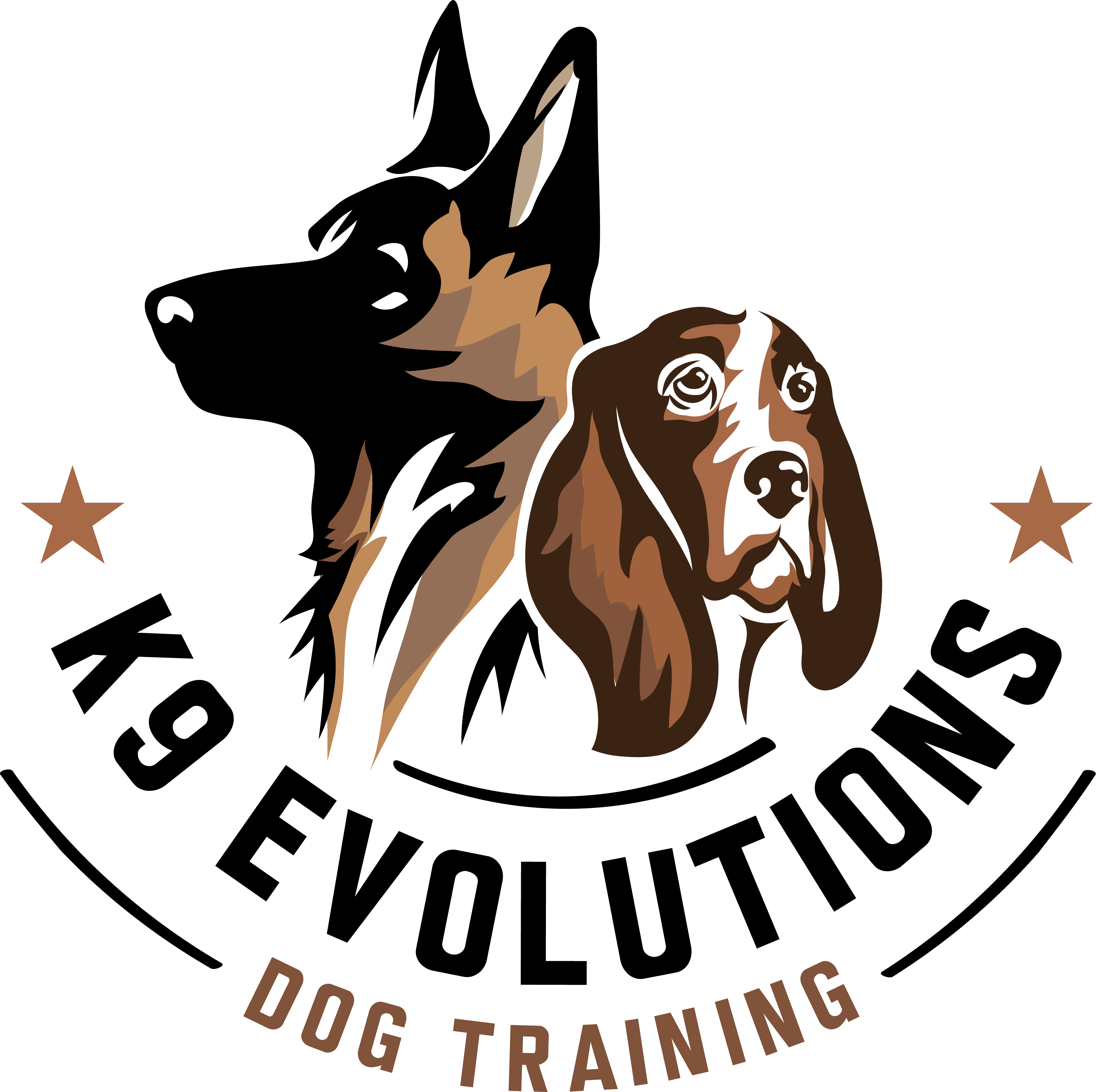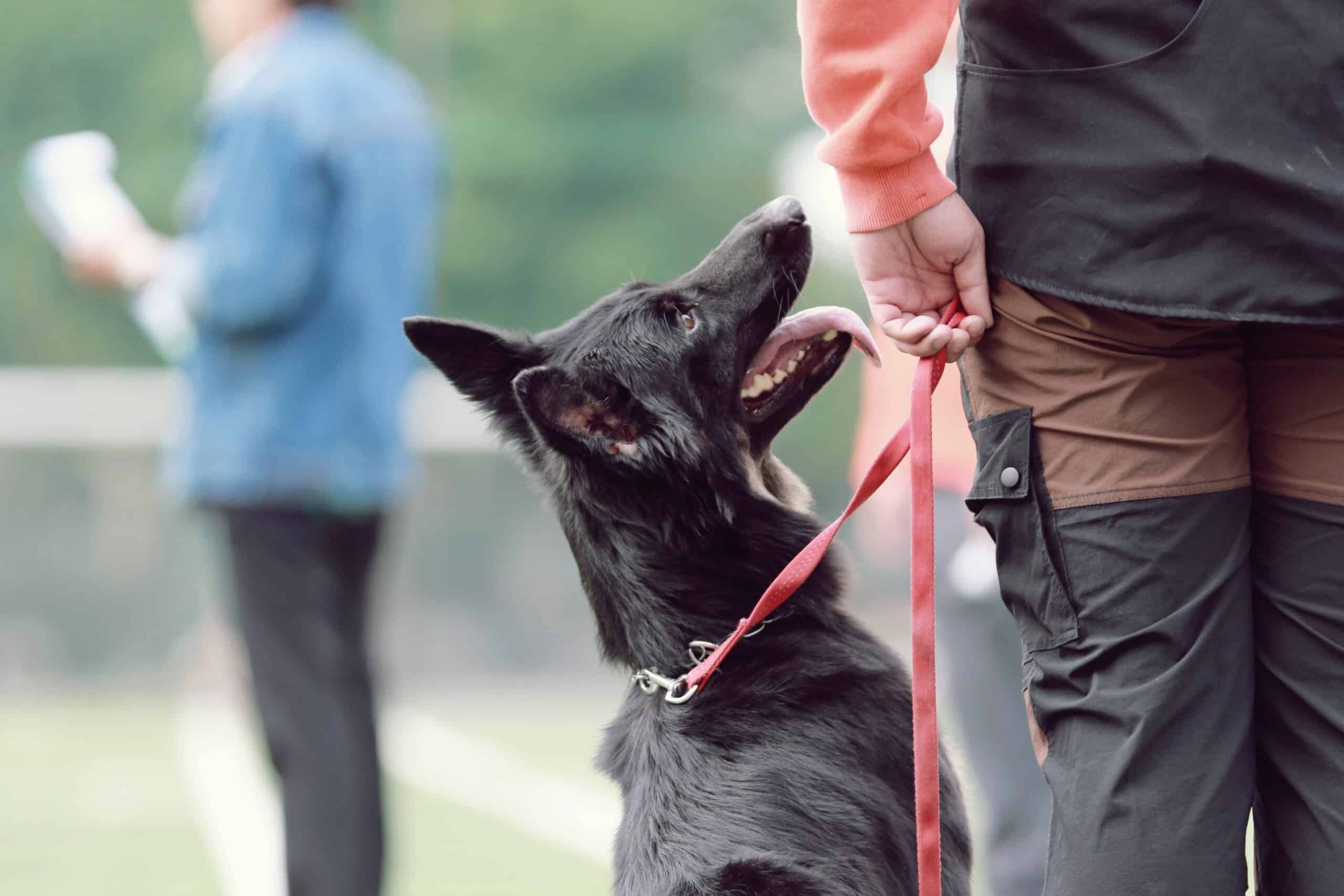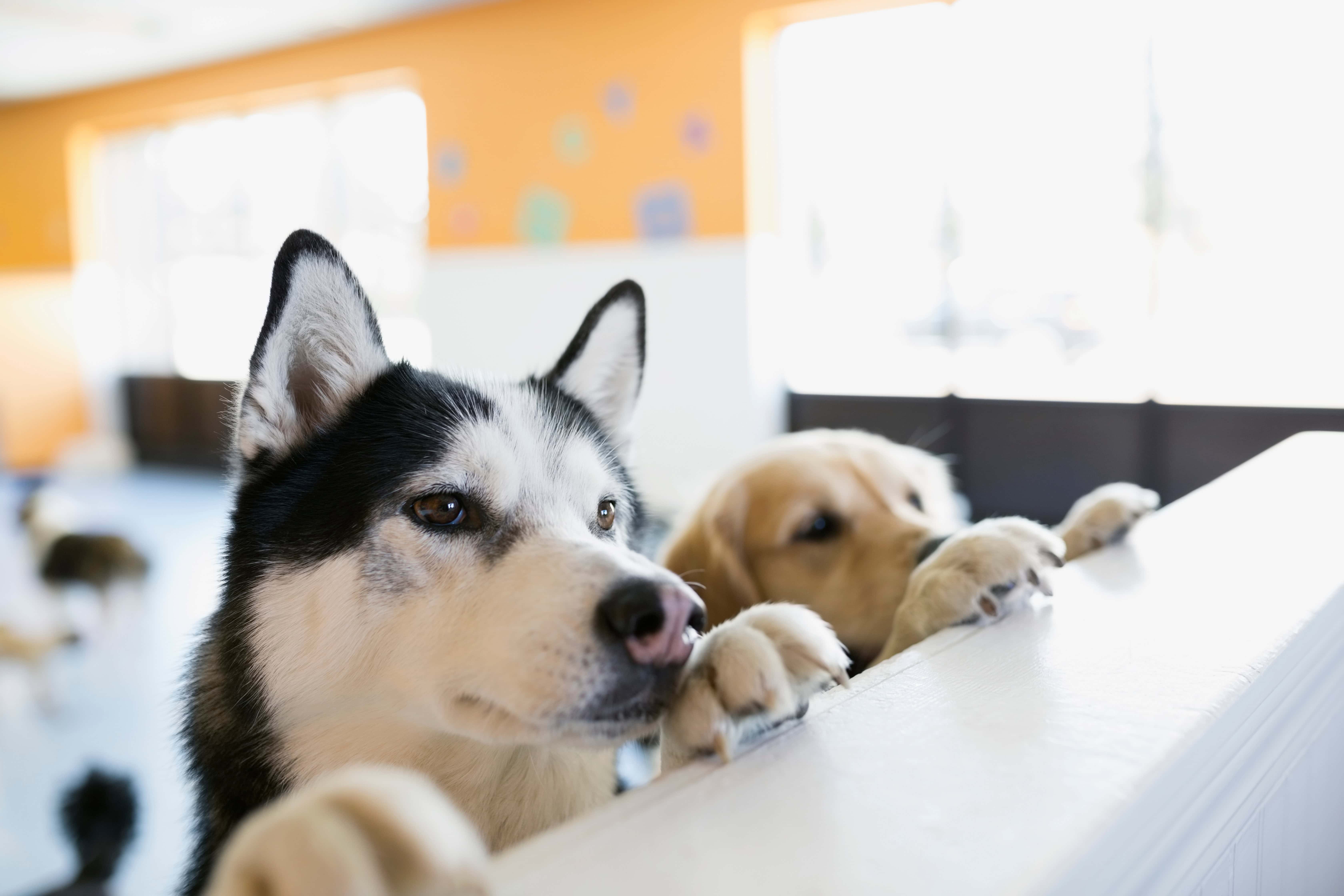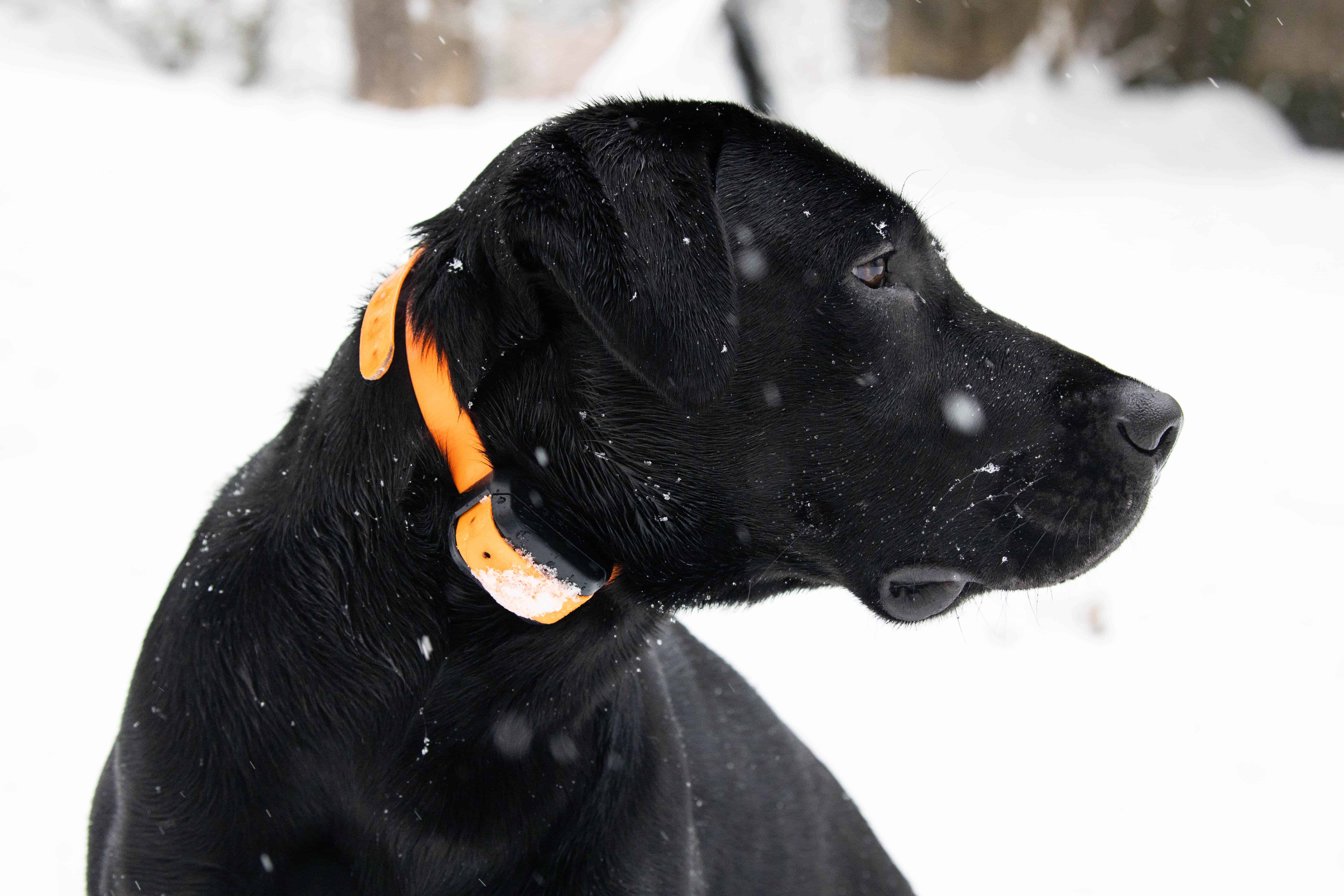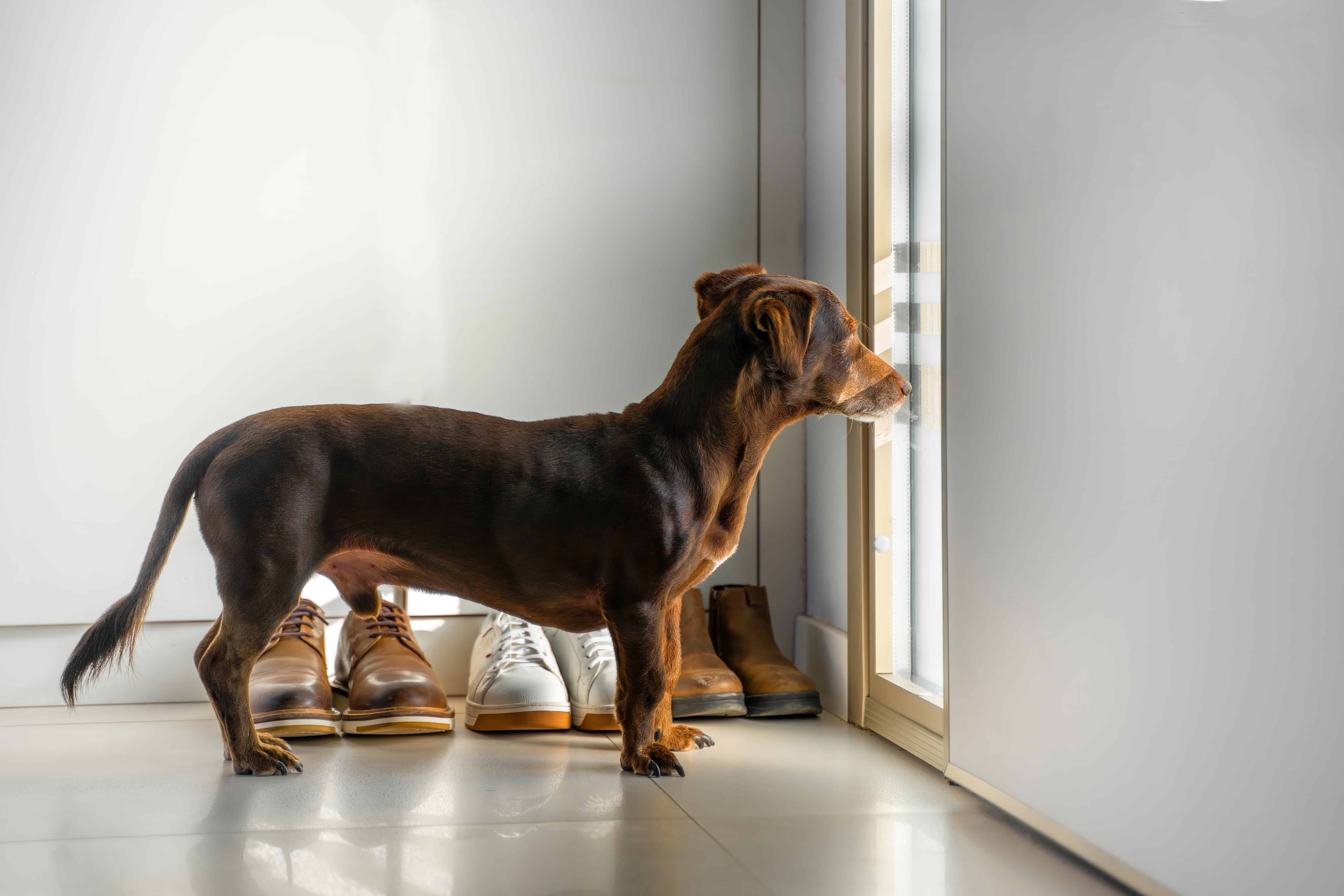If you are a responsible dog owner, you likely understand the importance of a well-trained, obedient dog. Obedience offers you greater control in your home environment, and makes taking your dog out in public far more enjoyable. Teaching the fundamentals of sit, down and stay is an essential step when it comes to dog training.
But what about ‘competition obedience’? You may have heard this term referred to on social media, or watched videos of dogs displaying exemplary obedience at dog shows. Essentially, competition obedience takes those obedience fundamentals and dials them up to eleven – with dogs judged on their ability to perform a set number of exercises and assessed by a judging panel.
Different accrediting bodies are responsible for competition obedience in different countries throughout the world; in the United States, the American Kennel Club (AKC) holds a National Championship each summer, and Titles are available for dogs who demonstrate the necessary skill and discipline. The Obedience Trial Championship (OTCH) is the highest title that a dog can achieve, and is fiendishly difficult to attain (and also very rare – typically, fewer than 100 dogs are awarded the title each year).
In this article, we’re going to look at the benefits of taking part in competition obedience and how you can get started.
Benefits of doing competition obedience
Whether you’re doing it to further your dog’s training, or are seriously considering competing at local or national competitions, there are several upsides to taking part in competitive obedience with your dog. These benefits include:
- Improves handler control – even in everyday situations. This might sound obvious, but working on obedience to competition standard is going to improve your ability to control your dog, even outside of competitive settings. For example, working on off-leash training, increasing distances on recalls, down in motion and attentive heeling can be equally used on your everyday walks, making these more enjoyable and reducing the potential for stressful situations.
. - Increases your dog’s focus. Your dog will come to understand the importance of focusing when taking part in obedience trials. This increased focus will enable your dog to ignore distractions and improve the communication between the two of you. There’s nothing more beautiful than when your relationship is dialed in with your dog, who is completely synergized with you through engagement.
- Offers physical and mental stimulation. We have previously spoken about the importance of including a mixture of physical exercise and mental stimulation in your dog’s routine. Competition obedience ticks both boxes – your dog will have to be physically active to participate in obedience trials, but they’ll have to think about what they are doing in order to succeed. This truly challenges your dog’s cognitive fortitude, particularly when they’re tired. For example, in Mondio Ring, the dog has to be on the field for 45 minutes doing everything from bite work, scent discrimination, trailing, retrieves & jumps. It is physically and mentally demanding (yet also fulfilling) for the dog.
- Provides a fun and rewarding activity for you and your dog. Dog sports of any description are a great way to improve the bond between you and your dog. There is little better feeling than achieving a Title with your dog after working together on a training endeavor for several months. Competition obedience is a fun activity that you can continue to pursue for most of your dog’s life. You can pursue competition obedience in IGP through the AKC, and even Mondio Ring has a Obedience-only portion you can title your dog in if they don’t have solid bite work!
Characteristics of good competition obedience dogs
There is little correlation between physical characteristics and whether a dog can be a good candidate for competitive obedience work. Size simply doesn’t matter in this sport – larger dogs and smaller dogs alike can take part and succeed.
However, there are some characteristics that virtually every exceptional competition obedience dog will have. Most importantly, the dog should be easily trainable, soak up new information like a sponge, and have a calm temperament. A gentle disposition without a rebellious streak is also useful. With these characteristics in mind, you’ll often see breeds like Border Collies, Golden Retrievers, Dobermans, Labrador Retrievers, Belgian Malinois and German Shepherds featuring prominently in obedience competitions.
For the past three years, the team of Baker (a Golden Retriever) and his handler, Kori Bevis, have been victorious in the AKC’s National Obedience Championship. This ‘threepeat’ is the first time a dog-handler team has won three years in a row. Bevis had also won previously with a Labrador.
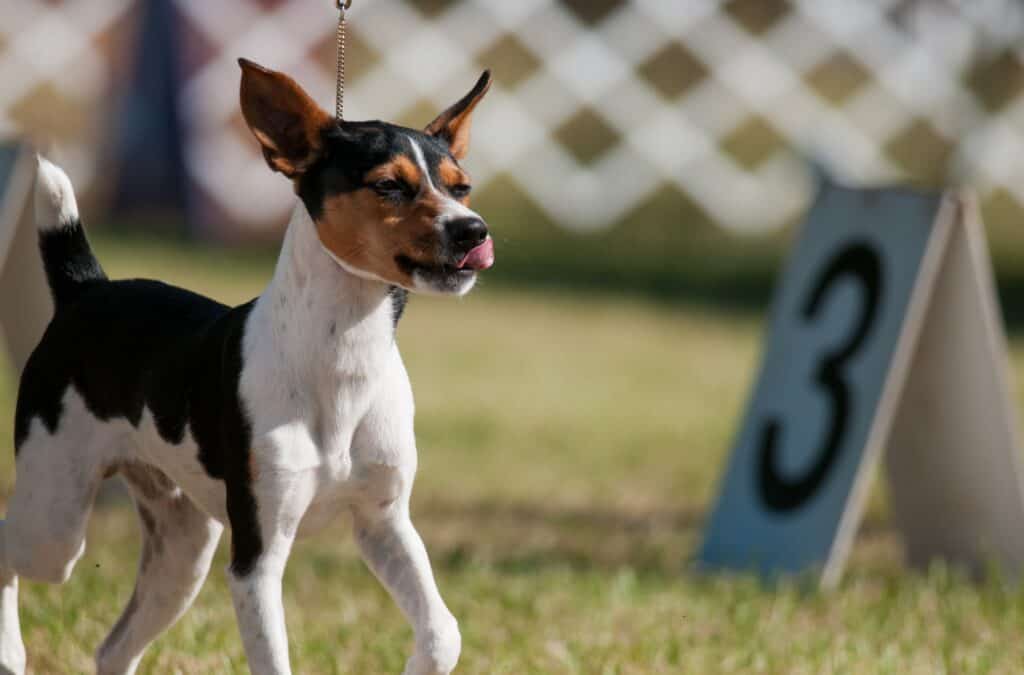
How to get started in competition obedience
The first step towards moving into competition obedience is to evaluate if your dog is a viable prospect for this type of activity. You can do this by working alongside a professional dog trainer. If your dog has never had any kind of formal obedience training, beginning with a basic obedience program is the best starting point. Depending on the breadth of your dog trainer’s knowledge, they may be able to help you progress on your competition obedience journey. You could also join a local club that specializes in obedience.
If your ambition is to succeed with a dog in the sport of competition obedience at a high level, you may decide to purchase a dog from a breeder as opposed to picking a dog at random from your local shelter. Breeders will be able to show you the lineage of the breed – previous generations who have demonstrated capability with competition obedience can be a good indicator that a puppy may grow up to be a success in the sport. A knowledgeable breeder will also help to test puppies in the litter to select the one best suited to your requirements.
Adjacent pursuits
Working on advanced obedience skills – such as the ones needed for competition obedience – can also act as a springboard for other dog training avenues. For example, protection sports like Mondio Ring and French Ring have a large competition obedience component. The skills learned in competition obedience training can also be applied to other sports, such as agility or rally obedience.
In conclusion
If you’re preparing to embark on competition obedience with your dog – congratulations! We are always enthusiastic to see dog owners who want to further their dog’s learning and enroll them in a new activity.
With our background in Mondio Ring, combined with our Private Lesson and Board and Train programs, we are ideally placed to help guide you on your competition obedience journey. Reach out to us today with any questions at info@k9evolutionsdogtraining.com or call (612) 227-7019.
